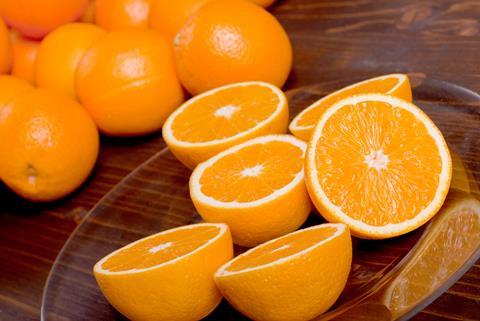A long bitter battle lies ahead as South Africa declares dispute via the World Trade Organization

The South African Department of Trade and Competition has filed a request for consultation with the EU and the World Trade Organization (WTO) regarding the decision to implement new regulations on the importation of South African oranges into the EU.
The new EU regulations were published last month despite fierce South African opposition who claimed that they were “unjustified, unfair, impossible to comply with and not based on proven science”.
Reports have also indicated that containers of South African citrus are being detained on arrival at European ports of entry.
Despite the matter being addressed at the highest level between South Africa and the EU, the South Africa’s Citrus Growers’ Association (CGA) has confirmed reports of containers being detained on arrival in European ports.
CGA chief executive Justin Chadwick confirmed the Association had received reports of containers being detained in some cases not only oranges, but other citrus containers as well.
Other South African citrus categories now involved, such as lemons, soft citrus and grapefruit, are not affected by the EU legislation.
“It is a chaotic situation,” said one exporter. “It seems that every container that is marked ‘citrus from South Africa’ is moved to the side and blocked from clearance. This is done without any communication and our receivers are most unhappy. With another vessel arriving this week, there is now a bottleneck developing which could last for some time.”
Other exporters have said it was merely a question of new phytosanitary certificates being issued. “We cannot believe that it is taking so much time to get things done,” another source said.
“We have a WTO dispute live and the details will be published by the WTO this week,” said one citrus insider. A CGA spokesman said the organisation would comment further on Wednesday (27 July) once legal advice had been studied.
The South Africans are clearly annoyed at the latest developments and the chaotic way in which the new regulations have been implemented.
“This is why World Trade Organization law specifically requires a six-month process in the implementation of a new measure,” said Chadwick.
Depending on the outcome, losses being suffered now by South African exporters may in future go down the legal route.
“We are going to suffer great losses this year,” commented one exporter. “This is something that could have been avoided because we as growers and exporters have always gone out of our way to comply with EU legislation. If however, we have to deal with the impossible, it has gone too far.”



